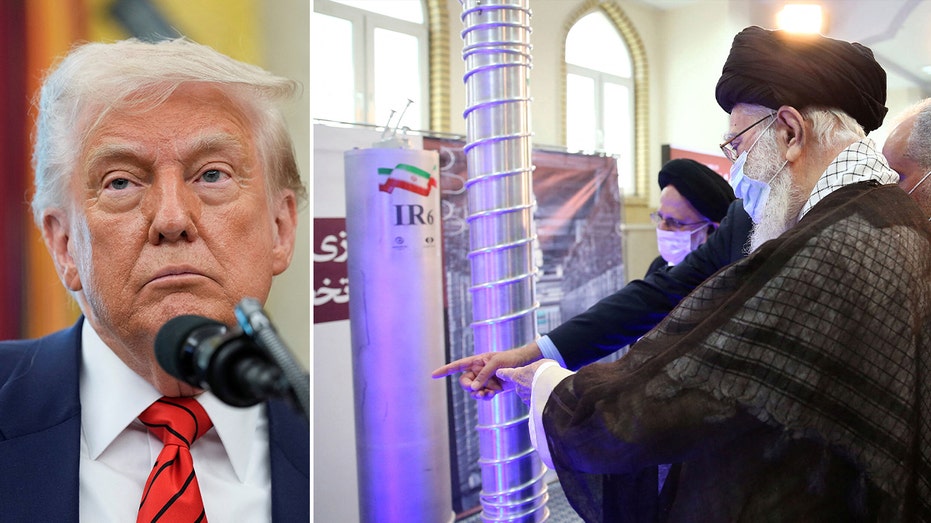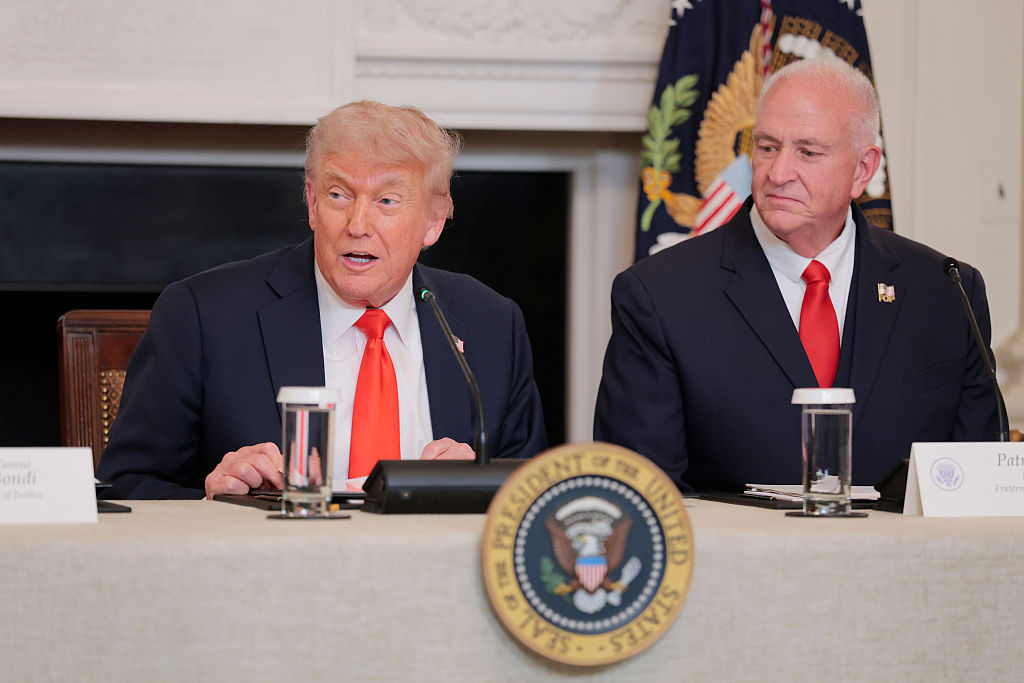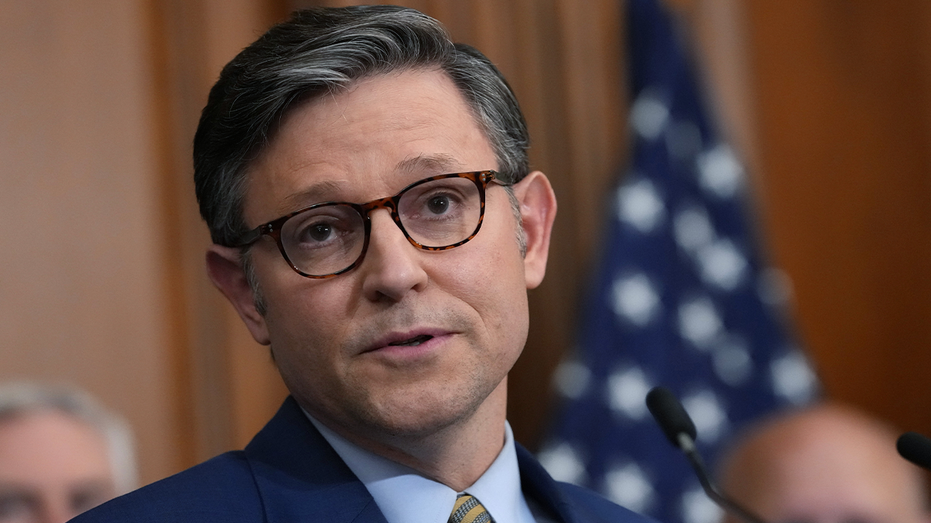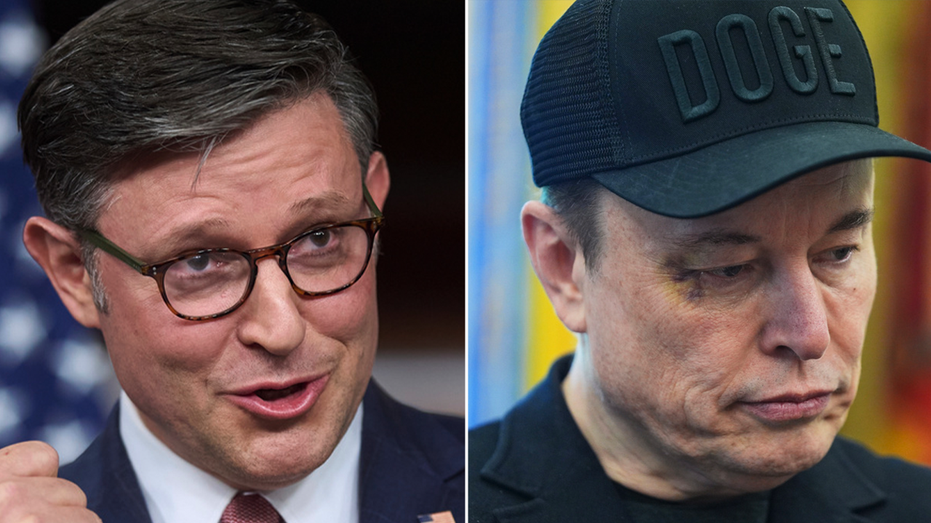The Trump administration on Friday announced it had returned Kilmar Abrego Garcia – a Salvadoran migrant and alleged MS-13 member – to the U.S., months after he was deported to El Salvador in what officials later acknowledged was an administrative error.
It is unclear whether Abrego Garcia’s return signals a shift in policy or is merely a one-off. The administration paired the announcement with news of a new federal indictment charging him with crimes related to transporting undocumented immigrants in the U.S.
Still, the case has sparked fresh questions about the administration’s willingness to comply with other court orders requiring the return of deported migrants – whether individuals or entire classes – or mandating that certain individuals remain in U.S. custody long enough to challenge their removals to so-called "third countries."
It also undercut the Trump administration's assertion earlier this year that it is powerless to order El Salvador to return a prisoner or facilitate the return of migrants sent to El Salvador – something judges have attempted somewhat unsuccessfully to square in various court proceedings this year.
Here is what to know about those cases so far.
100 DAYS OF INJUNCTIONS, TRIALS AND 'TEFLON DON': TRUMP SECOND TERM MEETS ITS BIGGEST TESTS IN COURT
Daniel Lozano-Camargo, previously referred to in court documents as "Cristian," is a 20-year-old Venezuelan immigrant deported in March under the Alien Enemies Act, a 1798 wartime law invoked by Trump to quickly remove hundreds of immigrants and send them to El Salvador to be detained in the country’s maximum-security CECOT prison.
U.S. District Judge Stephanie Gallagher ruled in April that his deportation violated a settlement agreement that the Department of Homeland Security (DHS) stuck last year with a group of young asylum seekers, including Lozano-Camargo, who had entered the country as an unaccompanied child and later sought asylum.
Under that agreement, DHS agreed not to deport the immigrants until their asylum cases were fully adjudicated in court, which she said had not happened in Lozano-Camargo’s case prior to his removal.
Gallagher, a Trump appointee, ruled that his deportation was a breach of contract. In ordering his return to the U.S., she stressed that her ruling had nothing to do with the strength of his asylum request in question – a nod to the two apparent low-level drug offenses he had racked up prior to his removal – but simply his ability to have his asylum request adjudicated in court under the agreement with DHS.
The U.S. Court of Appeals for the Fourth Circuit upheld that decision late last month, clearing the way for Gallagher to set a formal timeline for the government to comply with facilitating the return. DHS officials told the court last week in a status update that Lozano-Camargo remains held at CECOT.
TRUMP ADMINISTRATION ASKS SUPREME COURT TO REVIEW EL SALVADOR DEPORTATION FLIGHT CASE
The Trump administration returned a mistakenly deported Guatemalan native to U.S. soil last week, marking the first known instance of the Trump administration complying with a judge’s orders to return an individual removed from the U.S. based on erroneous information.
The immigrant, referred to in court documents only as "O.C.G.," was deported to Mexico in March without due process and despite his stated fears of persecution in the country, according to U.S. District Judge Brian Murphy, who ordered his return.
Murphy noted that O.C.G. had previously been held for ransom and raped in Mexico but was not afforded the chance to assert those fears prior to his removal – a right afforded to him by U.S. and international law.
ICE officials told the court earlier this month that they were working to secure his return. Last week, attorneys for O.C.G. told Fox News he had been returned to the U.S. on Wednesday via commercial flight.
Unlike the individuals deported to CECOT, however, O.C.G. had not been detained in Mexico after he was deported, which could have eased some of the hurdles for the administration in returning him.
Murphy ordered the Trump administration to keep in U.S. custody a group of six immigrants who were deported to South Sudan without due process or notice until they have the opportunity to conduct so-called "reasonable fear interviews," or a chance to explain to U.S. officials any fear of persecution or torture, should they be released into South Sudanese custody.
Currently, all six individuals remain detained at a U.S. military base in Djibouti – the only U.S. military base currently operational in all of Africa – and where ICE officials tasked with keeping them in custody cited recent health risks, including from malaria exposure, searing heat, nearby burn pits as well as the "imminent danger" of rocket attacks from terrorist groups in Yemen.
In response, Murphy reiterated earlier this month that the individuals need not remain in South Sudan and that the U.S. is free to move them to another location, including back to the U.S., to more safely carry out these proceedings. It is unclear whether the government has plans to relocate the group.
WHO IS JAMES BOASBERG, THE US JUDGE AT THE CENTER OF TRUMP'S DEPORTATION EFFORTS?
U.S. District Judge James Boasberg last week ordered the Trump administration to provide all non-citizens deported from the U.S. to a maximum-security prison in El Salvador to be afforded the opportunity to seek habeas relief in court and challenge their alleged gang status – the latest in a heated fight centered on Trump's use of the 1798 Alien Enemies Act to deport certain migrants.
Boasberg reiterated in the 69-page ruling that due process includes providing migrants deported to CECOT prior notice of removal, as well as so-called habeas protections, or the right to challenge their removals in court. He gave the Trump administration until Wednesday to submit to the court plans for how it will go about providing the habeas relief to plaintiffs held at CECOT.
"Defendants plainly deprived these individuals of their right to seek habeas relief before their summary removal from the United States — a right that need not itself be vindicated through a habeas petition," Boasberg said in his order.
The order is almost certain to spark fierce backlash from the Trump administration, which has previously railed against Boasberg's earlier rulings and the temporary restraining order handed down in March. Boasberg later found probable cause to hold the administration in contempt of court, citing the government's "willful disregard" for his March 15 emergency order, which ordered the administration to halt its deportation under the Alien Enemies Act, and immediately return all planes to the U.S., which did not happen.
.png)
 4 hours ago
1
4 hours ago
1















 English (US)
English (US)